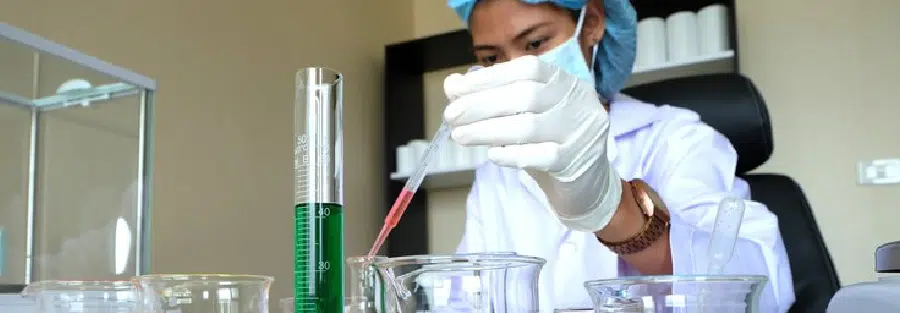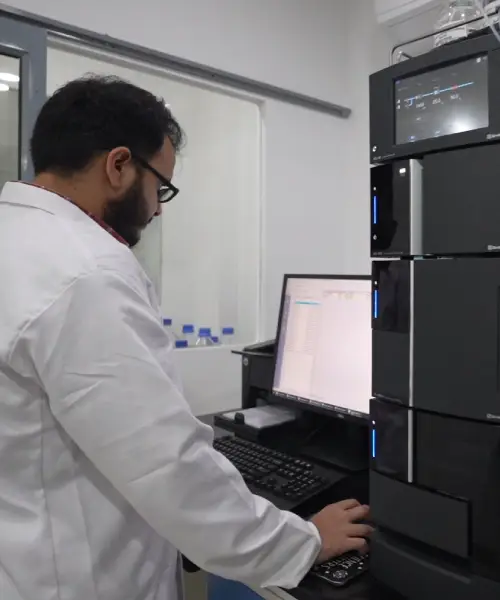Introduction:
Drug shortages are a critical issue in the pharmaceutical industry, impacting patient care and global health. These shortages often arise due to challenges in the manufacturing process, particularly when yield issues go undetected. By detecting yield challenges early, pharmaceutical companies can mitigate the risks that lead to shortages and ensure a consistent supply of vital medications.
What Are the Common Causes of Drug Shortages?
The causes of drug shortages can be varied, including raw material scarcity, manufacturing inefficiencies, and stringent regulatory requirements. However, one of the most significant contributors is the failure to identify yield challenges early in the process. Addressing these issues promptly is essential to maintaining the continuity of the drug development process and avoiding disruptions that could lead to shortages.
Saurav Chemicals’ Role in Early Detection During Drug Development
At Saurav Chemicals, we understand the importance of early detection in maintaining the continuity of the drug development process. By implementing advanced monitoring systems and predictive analytics, we help identify potential yield issues before they escalate, preventing medicine shortages and ensuring smooth drug formulation development.
How Yield Challenges Affect Drug Formulation Development
Yield challenges can significantly impact drug formulation development. When production yields fall below expected levels, it can lead to delays in the entire manufacturing process, increasing the likelihood of shortages. Addressing these challenges early allows companies to adjust their formulations and refine processes, ensuring production remains smooth and that any pharmaceutical challenges are resolved before they affect the market.
Commercial Manufacturing and Safeguarding Against Medicine Shortages
Effective commercial manufacturing plays a vital role in safeguarding against medicine shortages. By adopting best practices and leveraging advanced technologies, companies can enhance their production capabilities and reduce the likelihood of yield-related disruptions. Organizations offering commercial manufacturing services are crucial partners in this endeavor, ensuring drugs are produced at scale without compromising on quality.
Conclusion:
The early detection of yield challenges is a critical strategy in preventing drug shortages. By understanding the causes of drug shortages and taking proactive measures during the drug development process, pharmaceutical companies can protect against disruptions that threaten the supply of essential medications. Companies must prioritize early detection and invest in advanced manufacturing processes to overcome the pharmaceutical challenges that lead to shortages, ensuring patients have reliable access to the treatments they need.






